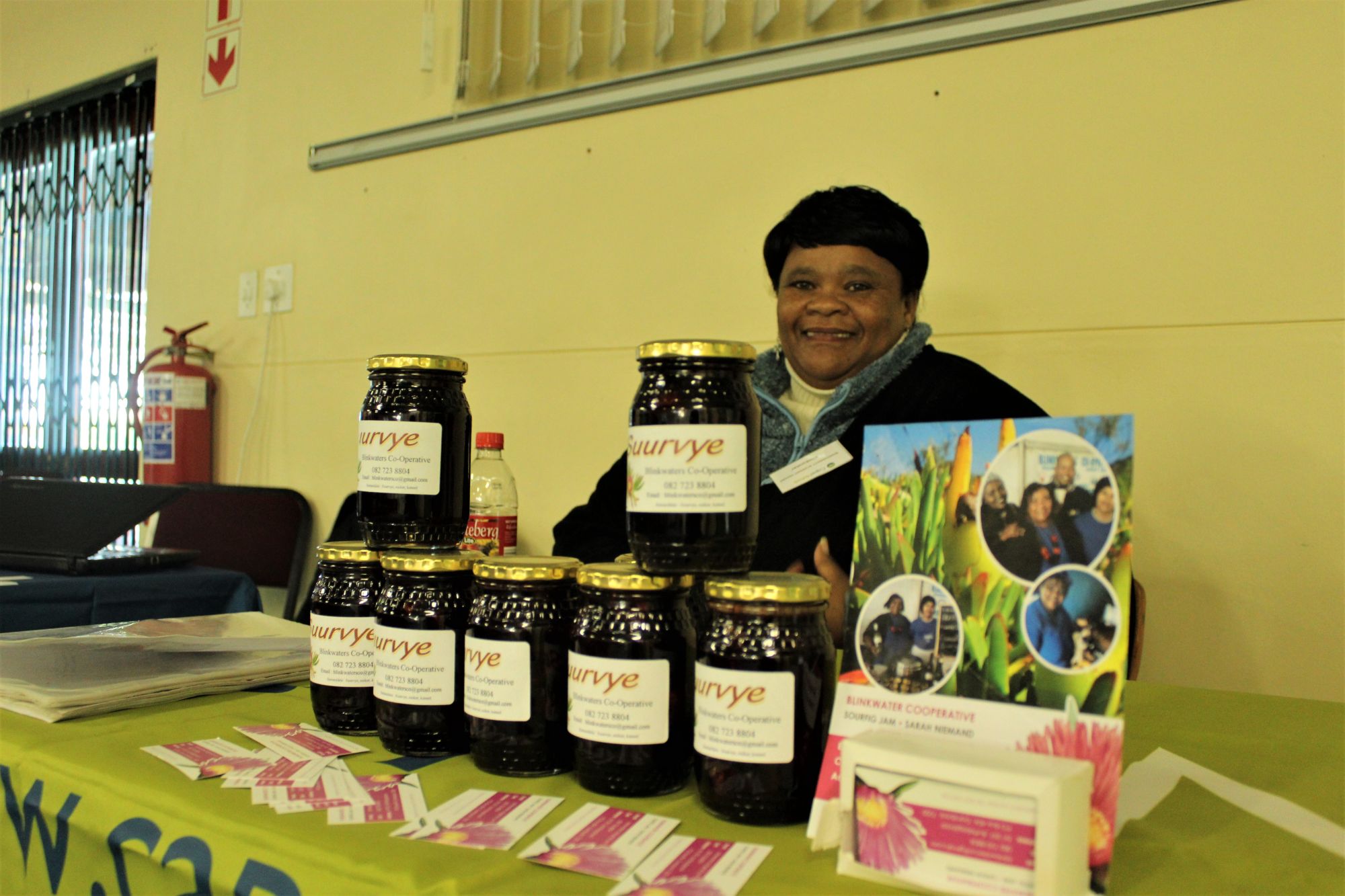
Sour fig harvesting provides income for communities
CapeNature celebrates International Plant Appreciation Day this year by highlighting the important role that indigenous plants play in the livelihood of communities. The special calendar day falls on 13 April every year and is aimed at highlighting the importance of plants in our daily lives.
Much of human nutrition depends on land plants, either directly or indirectly. Human nutrition depends to a large extent on maize, wheat, rice and other staples such as potato. Food can also be harvested from our natural surroundings and many edible species occur in the Western Cape, such as the waterblommetjie from which the well-known bredie is made. Not only do plants such as these provide much needed nutrition, they are also an important part of the economy.
Plants such as the sour fig, which is found in the coastal sands from Saldanha to Mossel Bay, not only provide food and medicine to coastal communities, but also aid in the generation of income. Thousands of kilograms of sour fig is harvested each year by hundreds of people, providing much needed income for the communities in the Overstrand area. While some harvesters sell products made from the fig, others use it to sustain themselves through winter.
Sustainable harvesting techniques protect vulnerable coastal vegetation while authorised harvesters help control poaching all while earning much needed income from this project. To communities such as these, which may have an unemployment rate of up to 85%, the income derived from harvesting sour figs is therefore very important for the local economy.

Sour fig are harvested between November and March. Historically the communities along the West Coast harvested these to store for the winter season when they could not go out to sea. Sour figs would sustain these coastal communities through the tough winter months. The fruit were stored in the roofs of houses to dry out and then jams were cooked from this to provide a meal of sour fig jam and bread. The sour figs also have medicinal value and aid in the healing of mouth sores.




